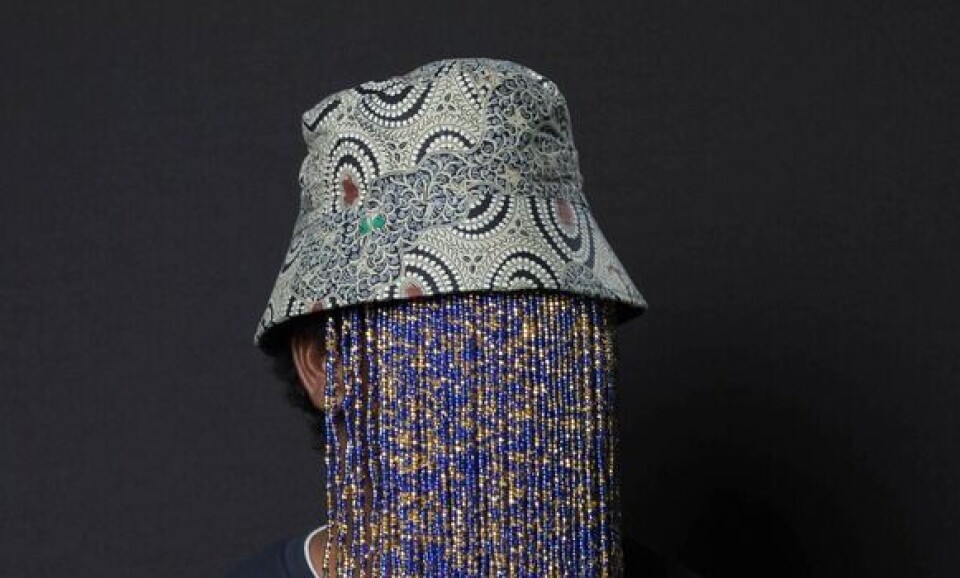Anas’s investigative team, Tiger Eye Private Investigations produced an exposé named "Number 12", which showed Nyantakyi allegedly taking cash gifts and sealing shady deals in the names of top-ranking officials, including Ghana’s President, Nana Addo Dankwa Akufo-Addo. Nyantakyi subsequently resigned as GFA President.
In the exposé, Nyantakyi was shown accepting $65 000 from an undercover reporter posing as a businessman to influence decisions on who would be invited to the national squad and how much time would be given to certain players.
The first airing of the film, which drew over 3 000 viewers, resulted in the dissolution of the GFA and Nyantakyi’s resignation. Sixty-one referees shown in the exposé received bans from the Referees Association of Ghana in September 2018.
Subsequently, three charges – conspiracy to commit fraud, fraud, and corruption by a public officer – were levelled against Nyantakyi. Anas has been called to testify in the case.
Anas was scheduled to testify in camera after the High Court granted an oral application by the prosecution, but this ruling was challenged by Nyantakyi’s lawyers, who filed a certiorari application at the Supreme Court. In their application, the lawyers contended that the ruling was against the court’s policies and norms, which allow for a formal application to be made in this situation rather than an oral one.
While submitting that the court’s order was made outside of its scope of authority, Nyantakyi’s legal team also stated that the High Court's decision was incorrect and requested permission from the Supreme Court to make the undercover journalist’s evidence public.
The Supreme Court, presided over by Justice Baffoe-Bonnie, ruled that the renowned journalist should show up in court and give a public deposition as a witness for the prosecution. Anas will, however, be allowed to wear his distinctive bead mask to protect his identity.
The Supreme Court’s ruling may be dicey for the investigative journalist who will testify before an open court for the first time. The ruling once again casts doubt on the authorities’ commitment to ensuring journalists’ safety.
In 2019, the lead investigator in the “Number 12” exposé, Ahmed Hussein-Suale, was shot dead in broad daylight in Accra, days after a Ghanaian MP, Kennedy Agyapong, disclosed his identity on TV.
As is the case in many areas of the world, journalists in Ghana who expose wrongdoing by those with power are under huge threat. Ghana ranked 60th out of 180 countries in the 2022 World Press Freedom Index, a full 30 places lower than it had been in 2021. In July 2019, the Media Foundation for West Africa (MFWA) said press freedom violations in Ghana were reaching “near alarming proportions”, with the organisation noting there had been 31 attacks on 40 journalists over the previous 18 months.
To join Africa Legal's mailing list please click here

